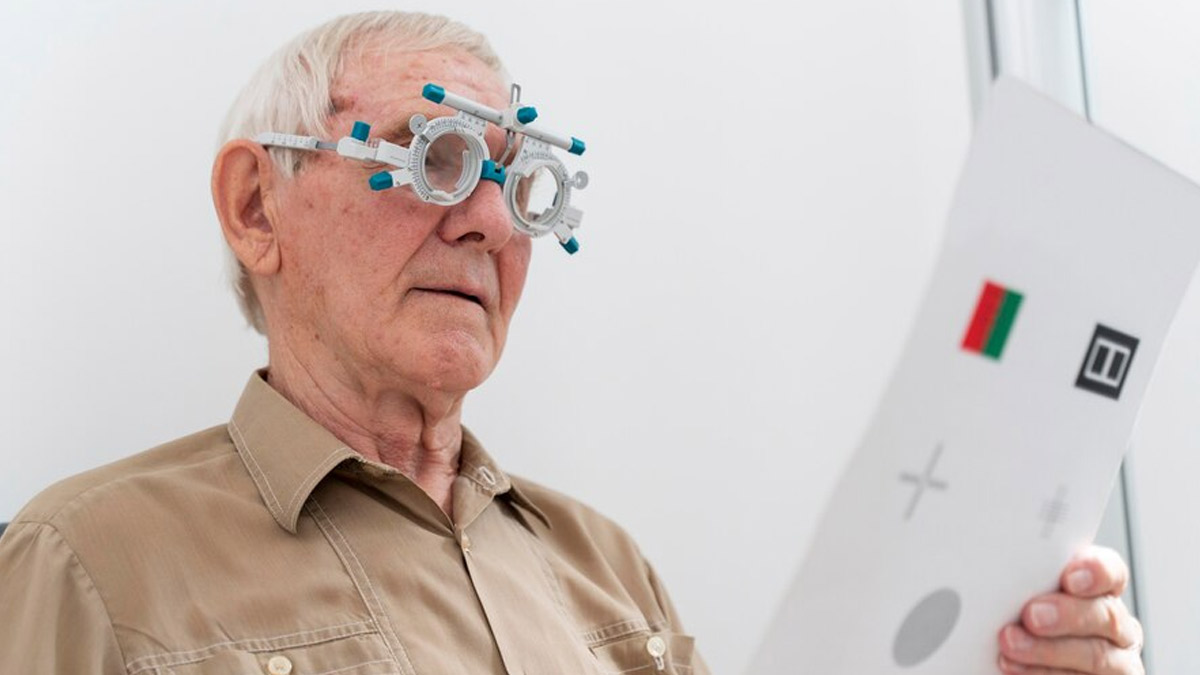
Diabetes, a chronic condition characterised by elevated blood sugar levels, occurs when the body either does not produce enough insulin or does not effectively utilise the insulin it produces. But were you aware of its impact on your eye health? While there is a wide acceptance that managing blood sugar levels and maintaining a healthy lifestyle are vital components of diabetes management, the significance of regular eye examinations should not be underestimated. We spoke to Dr Rishi Raj Borah, County Director - India, Orbis, who explained the importance of routine eye care for diabetics.
Table of Content:-
Diabetes and Eye Health

Diabetes can negatively affect different organs and systems in the body, and the eyes are no exception. “High blood sugar levels can lead to diabetic retinopathy, a condition that affects the blood vessels in the retina, the inner membrane lining the back of the eyeball, which is essential for vision”, informed Dr Borah.
If left untreated, diabetic retinopathy can progress to severe vision impairment and even blindness. Also, diabetes increases the risk of other eye conditions, such as glaucoma and cataracts.
Early Detection and Prevention

One of the key reasons why routine eye care is crucial for people with diabetes is the opportunity for early detection of potential issues. According to the Centers for Disease Control and Prevention (CDC), despite the increased risk of vision loss and eye problems, 60% of diabetics do not receive yearly eye exams.
Dr Borah added, “Regular eye examinations allow healthcare professionals to identify signs of diabetic retinopathy or other eye conditions in their early stages when they may be more manageable.” Early intervention can significantly reduce the risk of severe vision problems and help maintain optimal eye health.
Also Read: Addressing India's DIABETES DILEMMA Never Too Early To Test But May Be Too Late To Treat
Monitoring Blood Sugar Levels
Routine eye care is not only about monitoring eye health but also serves as an indirect method of assessing overall diabetes management. “Changes in the blood vessels of the eyes can be indicative of poorly controlled blood sugar levels”, said Dr Borah.
By closely examining the eyes during routine check-ups, healthcare providers can offer valuable insights into the effectiveness of the patient's diabetes management plan.
Personalised Treatment Plans

Every person with diabetes is unique, and their eye care needs may vary. Routine eye examinations enable healthcare professionals to develop personalised treatment plans based on the specific conditions and risks faced by each patient. This tailored approach ensures that interventions are timely and appropriate, addressing the individual's unique health requirements.
Also Read: Reversing Prediabetes: Expert Explains How Can Diet And Exercise Reverse Prediabetes
Empowering People
Dr Borah highlighted, “Regular eye care empowers people with diabetes by providing them with a better understanding of their eye health and the potential risks associated with their condition.” Educating patients about the importance of eye care fosters a proactive approach to managing diabetes, encouraging them to prioritise their eye health alongside other aspects of their well-being.
Bottomline
Dr Borah concluded, “Routine eye care is a fundamental component of diabetes management that should not be underestimated. Regular eye examinations play a pivotal role in the early detection and prevention of vision-related complications, providing healthcare professionals with valuable insights into a patient's overall diabetes management.”
[Disclaimer: This article contains information provided by a registered healthcare professional and is for informational purposes only. We advise you to not substitute this information with medical treatment and consult your expert for a treatment plan.]
Also watch this video
How we keep this article up to date:
We work with experts and keep a close eye on the latest in health and wellness. Whenever there is a new research or helpful information, we update our articles with accurate and useful advice.
Current Version